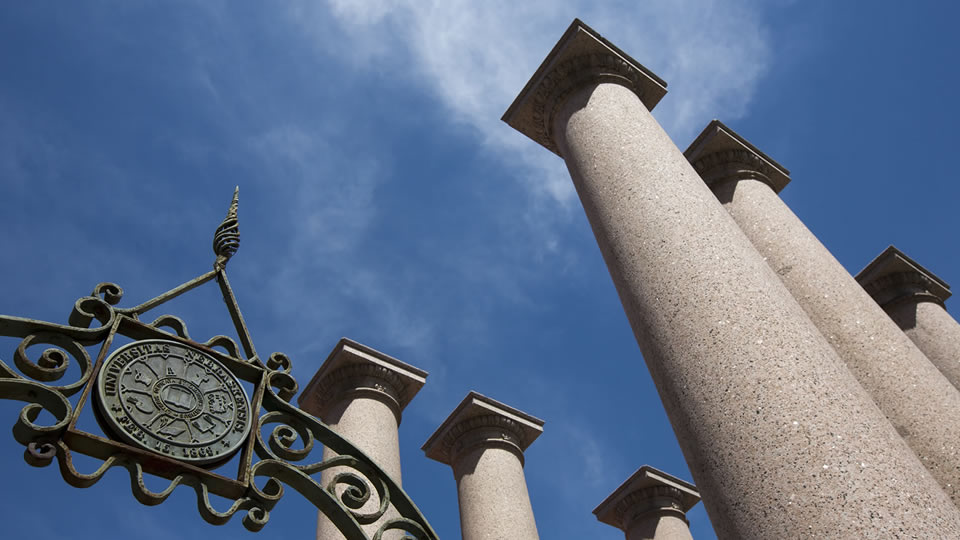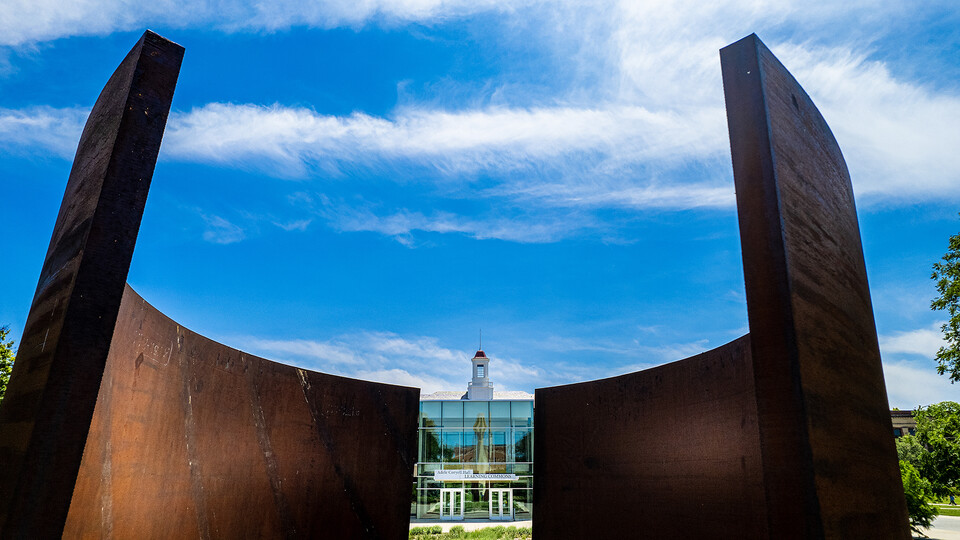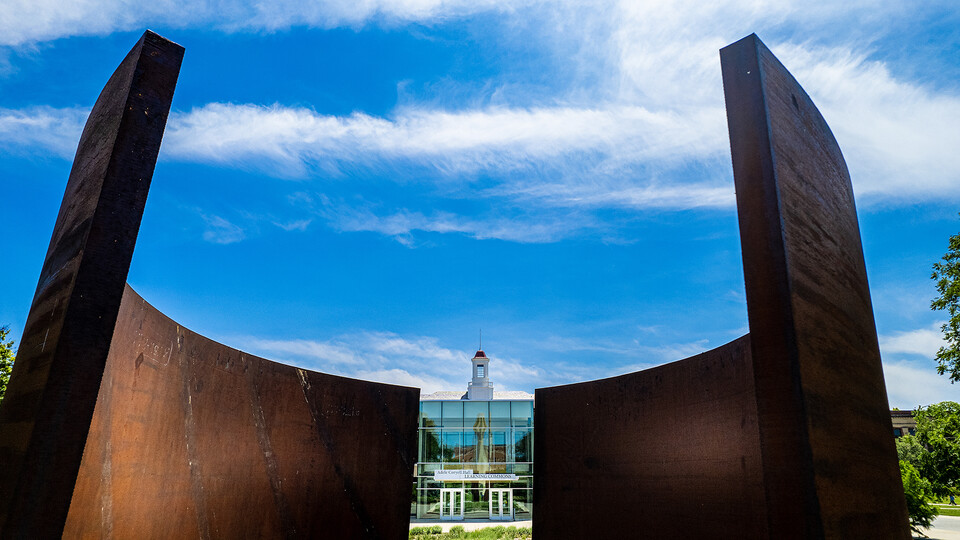
On March 9-10, University of Nebraska-Lincoln hosted a symposium on The Future of the Humanities. The event offered panels, lectures and discussion on the application of the humanities in a variety of subjects. At the end of the closing panel, the Dean of the College of Arts and Sciences Joseph Francisco, addressed the faculty in the audience and expressed hope to continue these conversations among students and college administration alike.
Being an undergraduate student in the humanities, I found it ironic that there were very few undergraduate students in attendance throughout the two-day event. So, representing the bottom of the UNL academic ladder, here is my proposal for the future of the humanities at our university:
There is pressure to justify the existence of the humanities and to show the value of humanities scholarship to the community. In this new culture of digital technology and the echo chambers it produces, the humanities have the important job of promoting citizenship, self-reflection, truth and meaning. The purpose of humanities is to examine culture. Being experts on culture, humanities scholars should also participate in it. Therefore, the future of the humanities at UNL relies on civic engagement.
The university’s values and mission statement say that UNL serves Nebraskans and engages with the community. These values should be reflected by faculty experiences. For example, the university should consider tenure-track faculty with hands-on community experience. Typically, a tenure-track humanities Curriculum Vitae may consist of a variety of published writings and likely a book or two, but it’s not the most beneficial to the community. It’s in the best interest of the administration to hire faculty with experience in serving Nebraskans and engaging in the community. In turn, these faculty can integrate their experiences into the classroom, which also benefits students.
In fact, the best student learning does not take place in a study room looking at flashcards late at night but through experiences, and what better way to encourage active learning than through the community? UNL’s Center for Civic engagement offers resources for instructors to integrate community-based experience into their curriculums in addition to the 275 courses offered to students who have an interest in service-learning.
There are already professors who are using their mastery of humanities to contribute to the community. A UNL history professor in the audience talked about her experience of teaching the history of Joan of Arc to an elderly community. UNL English professor Rachael Wendler Shah shared a past writing program she initiated, which connected high school and college instructors in order to collaborate on community-based action. College and high school students worked together to engage in discussion and also participate in community projects.
By contributing to the community, these instructors are proving to society that the humanities matter. In a world of increased anxiety over dependence of technology and mass communication, the humanities future lies in the opposite: engaging with in-person discussions through the local community level.
Clara Edwards is a senior English major. Reach her at opinion@dailynebraskan.com or via @DNOpinion.


